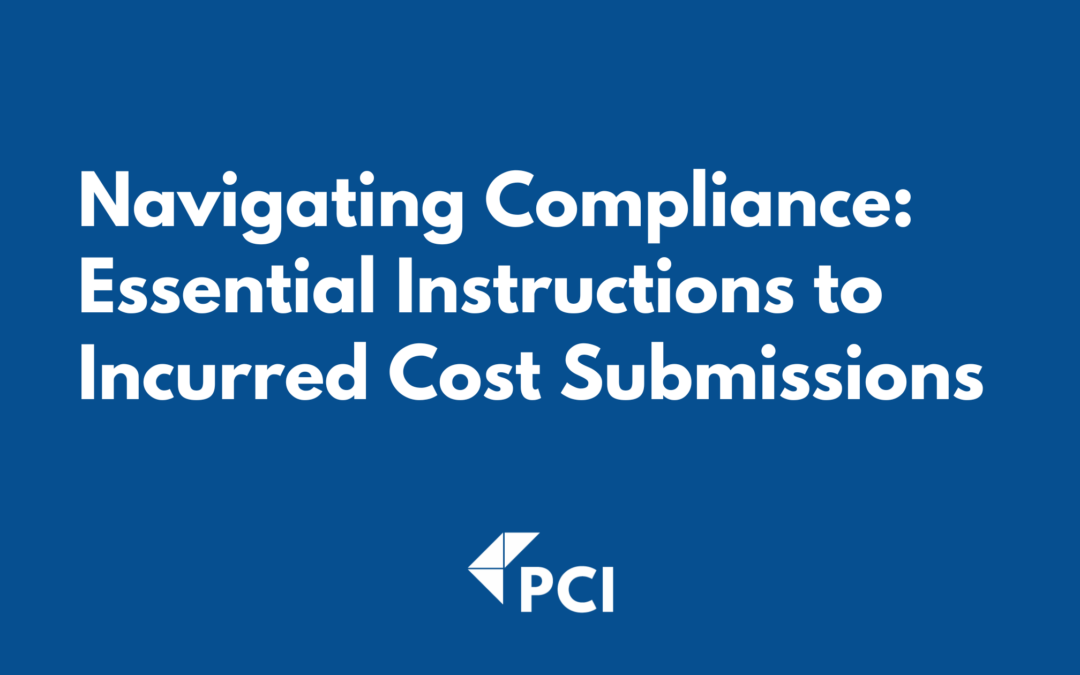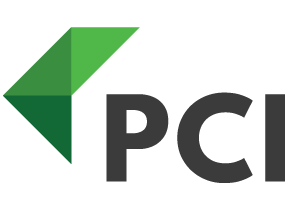
by Rebekah Weiner | Apr 15, 2024 | Deltek Costpoint, Deltek WorkBook, Government Contracting, Value Added
Written by: Marty McGann, CEO at PCI As PCI proudly celebrates its 15th anniversary, I was asked to write a blog on my reflection as a business owner for the last 15 years. Inspired by ESPN, welcome to “15 for 15,” where I reveal the top 15 insights that...

by Rebekah Weiner | Apr 4, 2024 | Compliance, Deltek Costpoint, Government Contracting
Incurred Cost Submissions (ICS) can have many names, including Incurred Cost Electronically (ICE), Incurred Cost Proposal (ICP), and the Final Indirect Rate Proposal. The purpose of an incurred cost submission is to reconcile provisionally billed indirect costs with...

by Rebekah Weiner | Feb 22, 2024 | Deltek Costpoint, Government Contracting
Are you gearing up for a merger or acquisition in 2024? Let PCI be your unwavering guide through the intricacies of Deltek Costpoint integration and data migration from any legacy system to Costpoint. Our specialized expertise is tailored to ensure a seamless...

by Rebekah Weiner | Feb 2, 2024 | Deltek Costpoint, Government Contracting
There is, understandably, a lot of confusion surrounding firm-fixed-price (FFP) contracts and the expected interaction with the Defense Contract Audit Agency (DCAA). We regularly receive questions surrounding the DCAA’s cognizance over specific contracts and what that...

by Rebekah Weiner | Dec 8, 2023 | Careers, Deltek Costpoint, Deltek WorkBook
Hiring new employees can seem like a daunting task, and conducting interviews with various candidates can be nerve-wracking! What should I focus on? What questions can I ask? How can I cover all the details about our company and the role? etc. A million things are...

by Rebekah Weiner | Nov 27, 2023 | API, Deltek Costpoint
Discover the top recurring questions that our API team at PCI has encountered while working with hundreds of clients. Get the answers you need right here on API integrations with PCI. How long does it take to develop an integration? If it is a brand-new integration...







